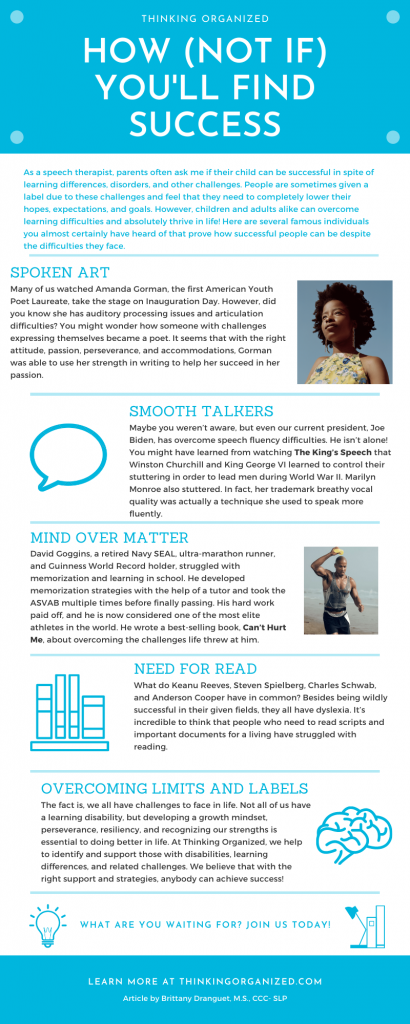Whether your children are in their first year of middle school or their last year of high school, the end of spring break is always a bummer. That short week free from academics flies by, and students tend to feel unmotivated as they return to school. You might even say that they contract “summer fever” as the end of the school year approaches and they begin to slack off and lose interest in school work. Now that spring break has come and gone, it’s time to saddle up for the last stretch! Here are a few things you and your children can do to finish out the year strong.
Reflect and Set Goals
As the saying goes, “it’s not about how you start, but how you finish.” In regards to academics, truer words have never been spoken. Now that spring break is over, this is the optimal time for recalibration and reassessment. Your children can take stock of where they stand in all their classes and make a game plan to finish the year strong by reflecting and setting some goals. Here’s a simple three-step process they can follow:
- Step back and examine their academic performance. Did they pass all of their Chemistry tests? Did they take notes in all of their classes? By gauging what they did well and not so well, they can set goals for the remainder of the school year to address these weaknesses.
- Update their planner by reviewing each class and making note of any upcoming project deadlines and exam dates. If they add this information to their planner now, it gives them a sense of what’s coming down the pipe in each class.
- If they’re behind in a class, they can assess how much coursework needs to be done over the next few days in order for them to catch up and to feel confident and prepared. If they’re struggling to understand the content, this is a good time to reach out to teachers for help.
Pencil in Time to Unwind
Although there aren’t any school-appointed breaks between now and the end of the school year, it doesn’t mean your children can’t take charge and pencil in mini-breaks along the way. As you are creating your calendar for the remainder of the year, make sure to incorporate a couple of weekend activities to help keep your children engaged and give them something to look forward to. Whether it’s a sleepover, a hike, or a socially distanced trip to the zoo, taking a break is a great way for students to feel energized and keep their motivation levels high.
If you’re looking for some additional guidance on how to help your children navigate their way through the remainder of the academic year, the Thinking Organized team can point you in the right direction!
 THINKING ORGANIZED
THINKING ORGANIZED